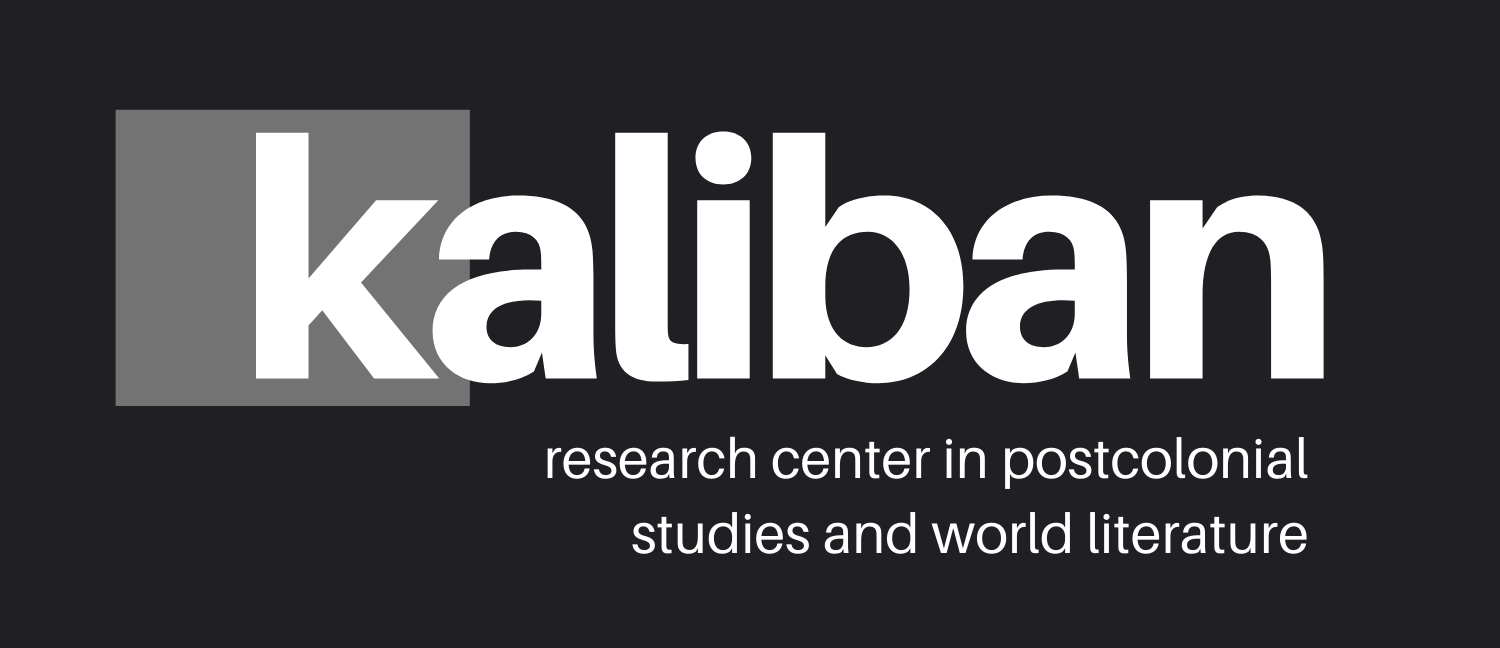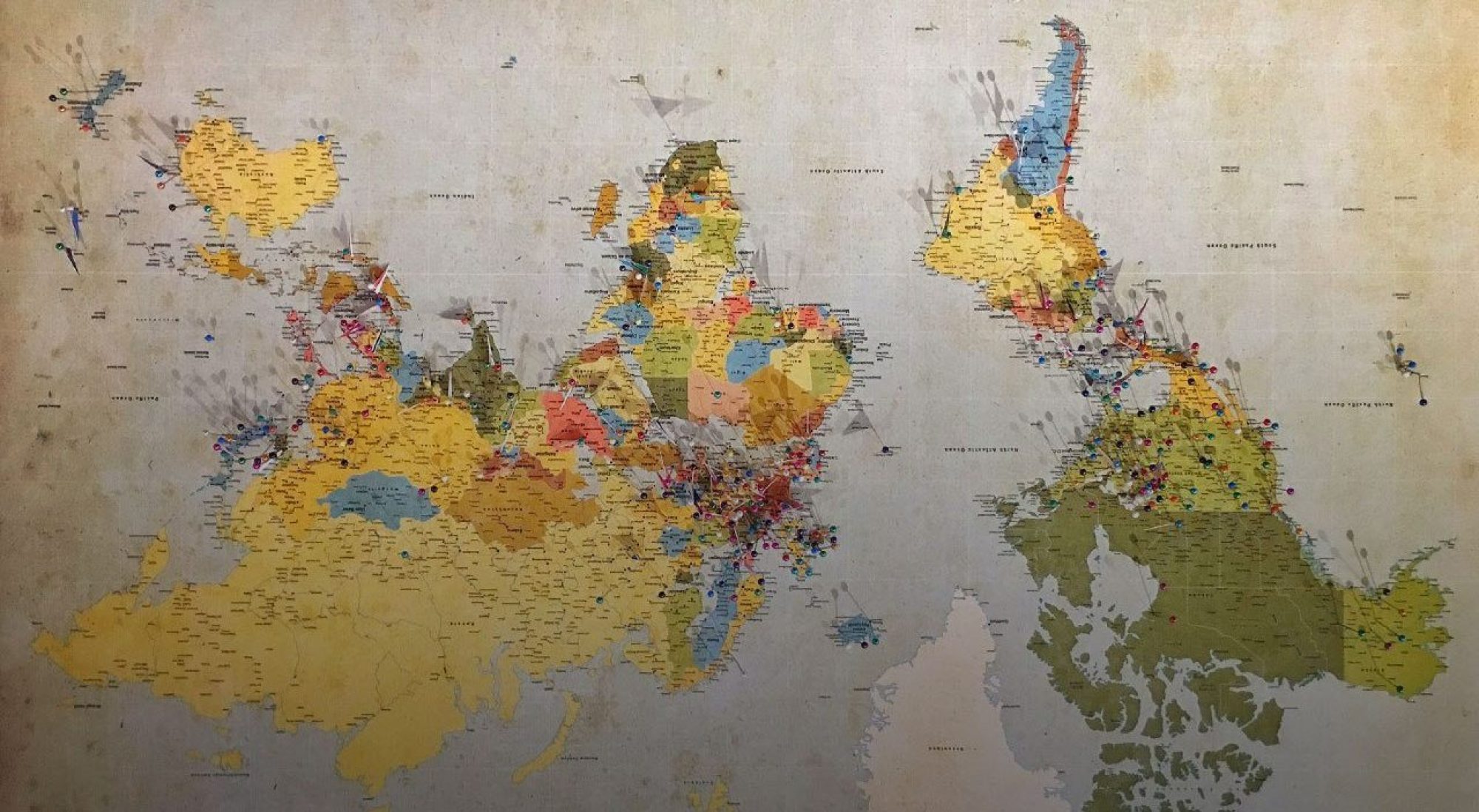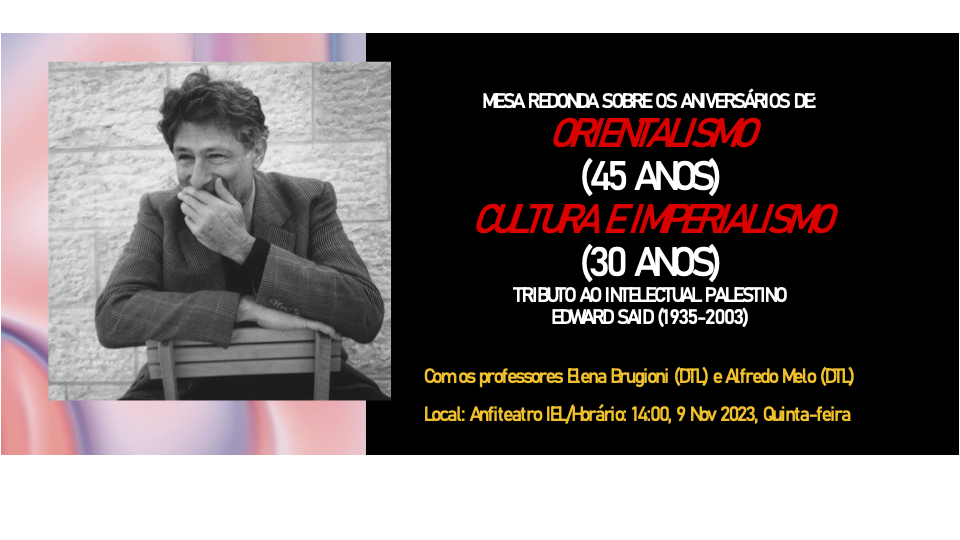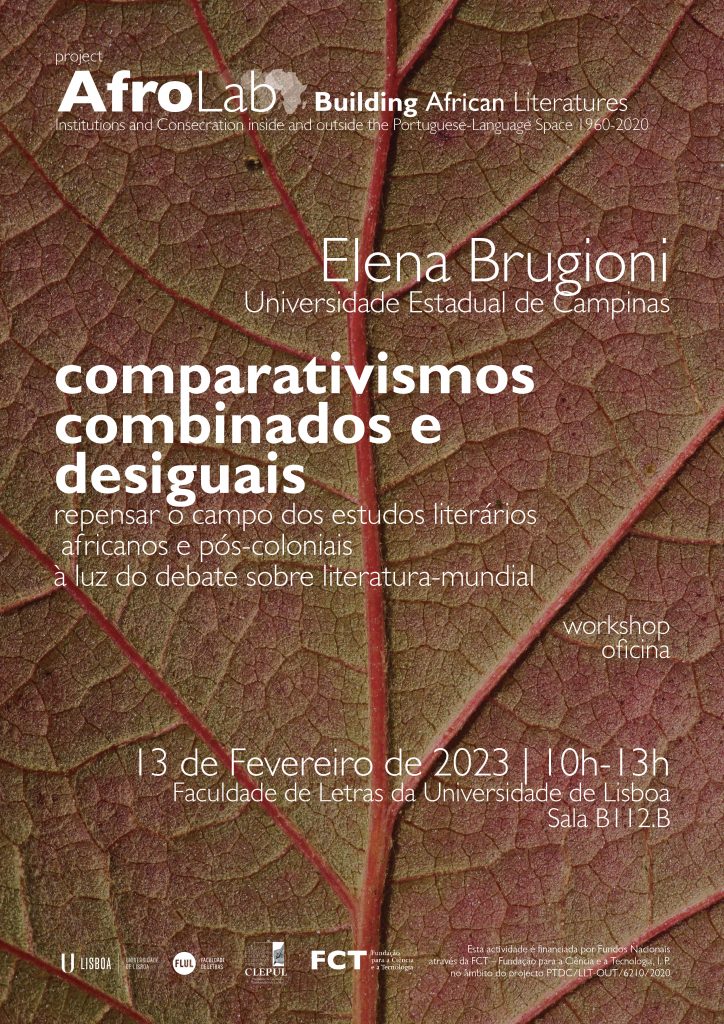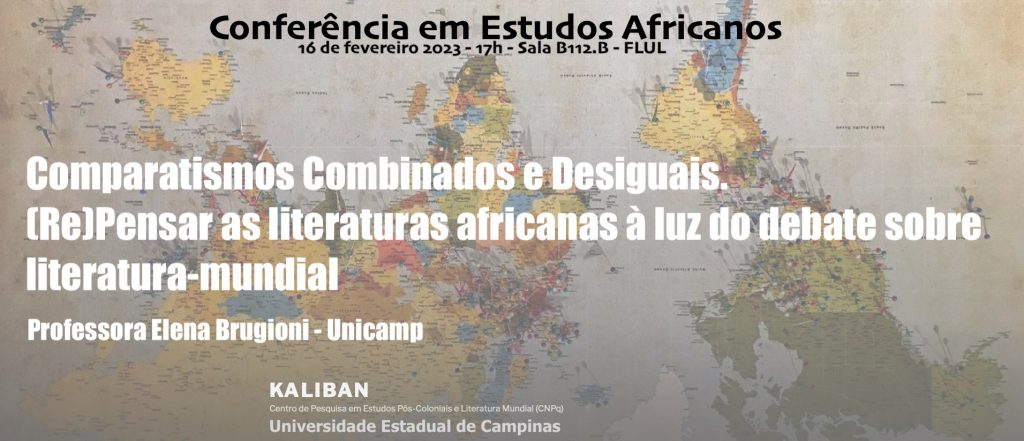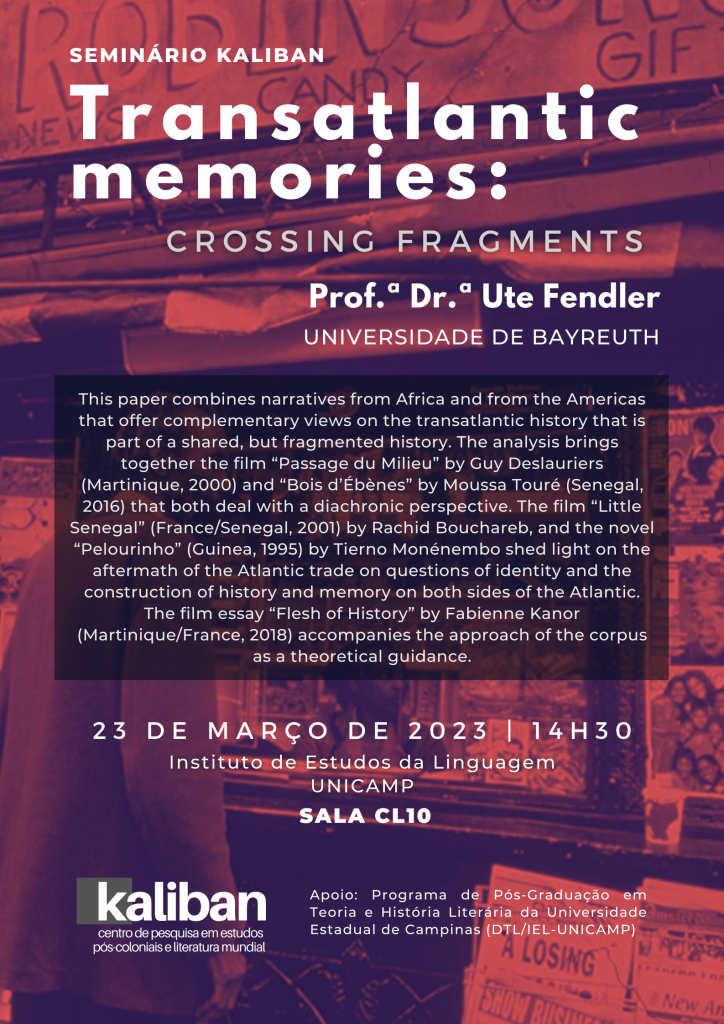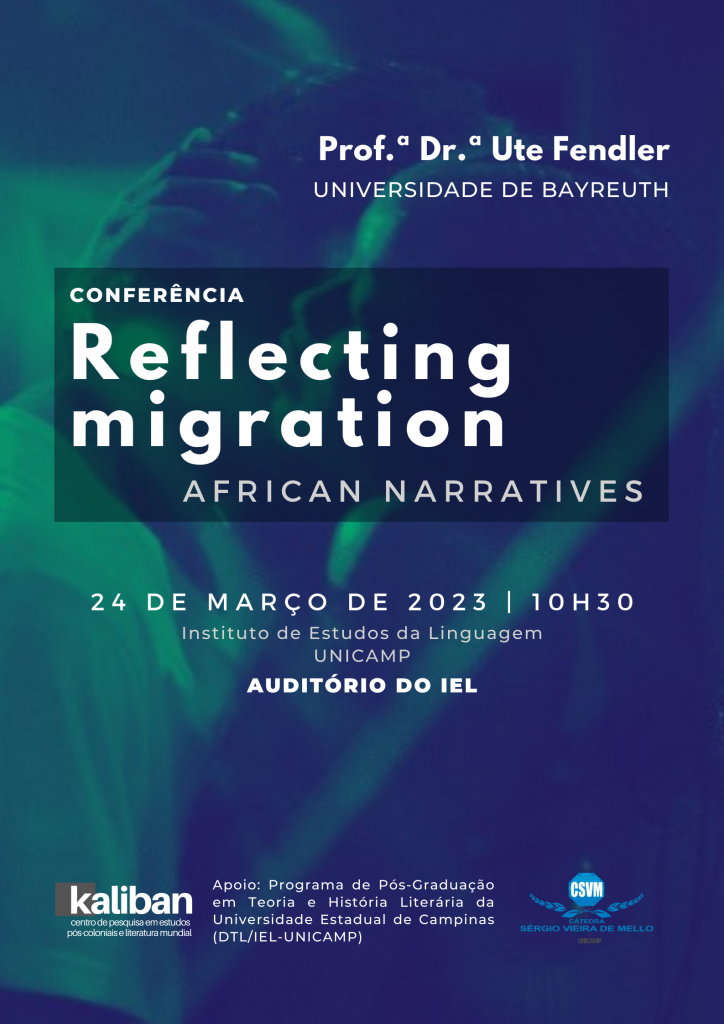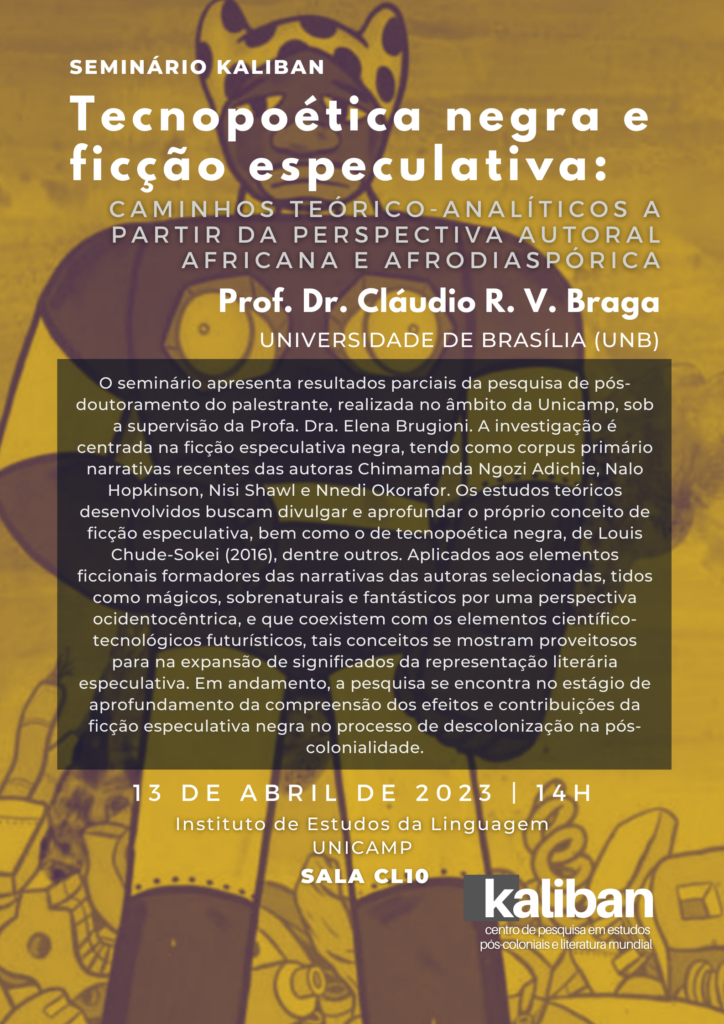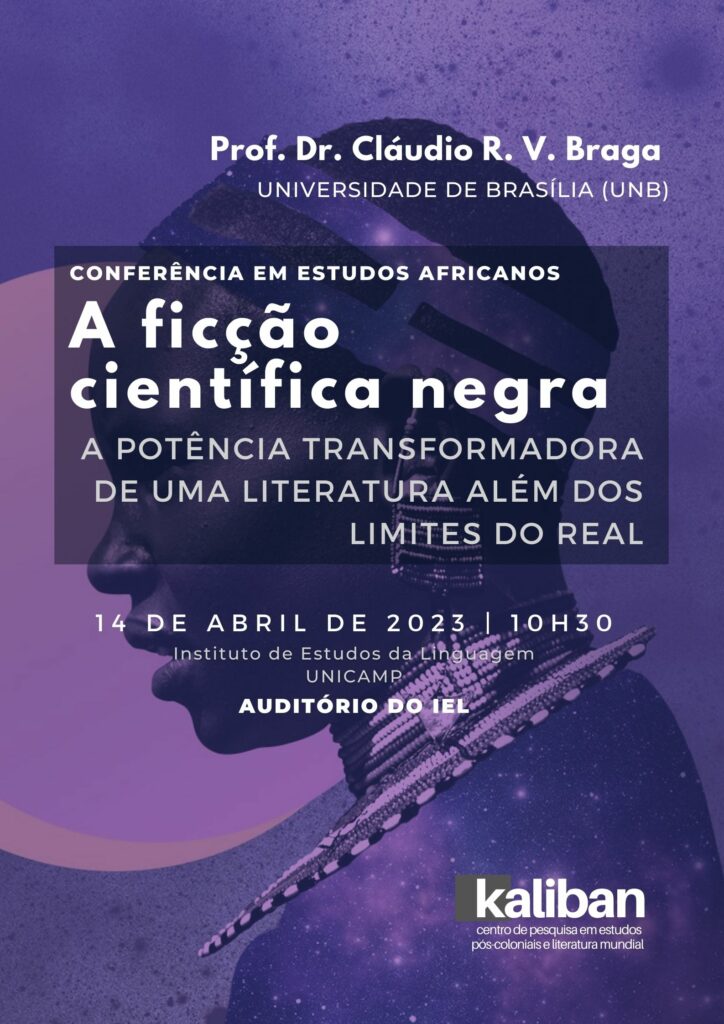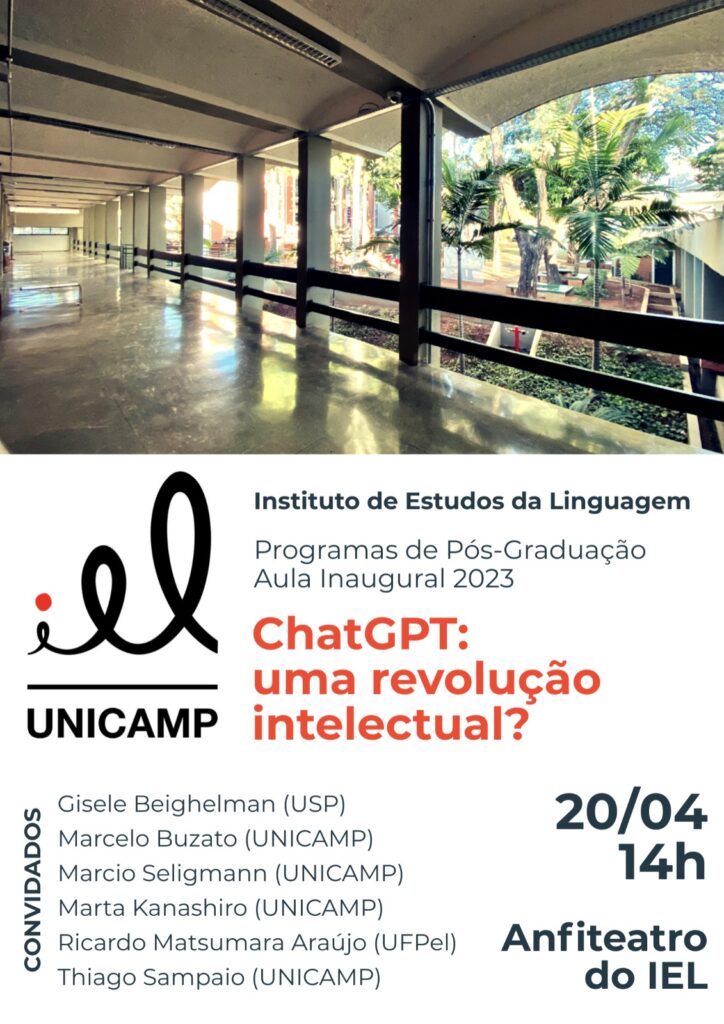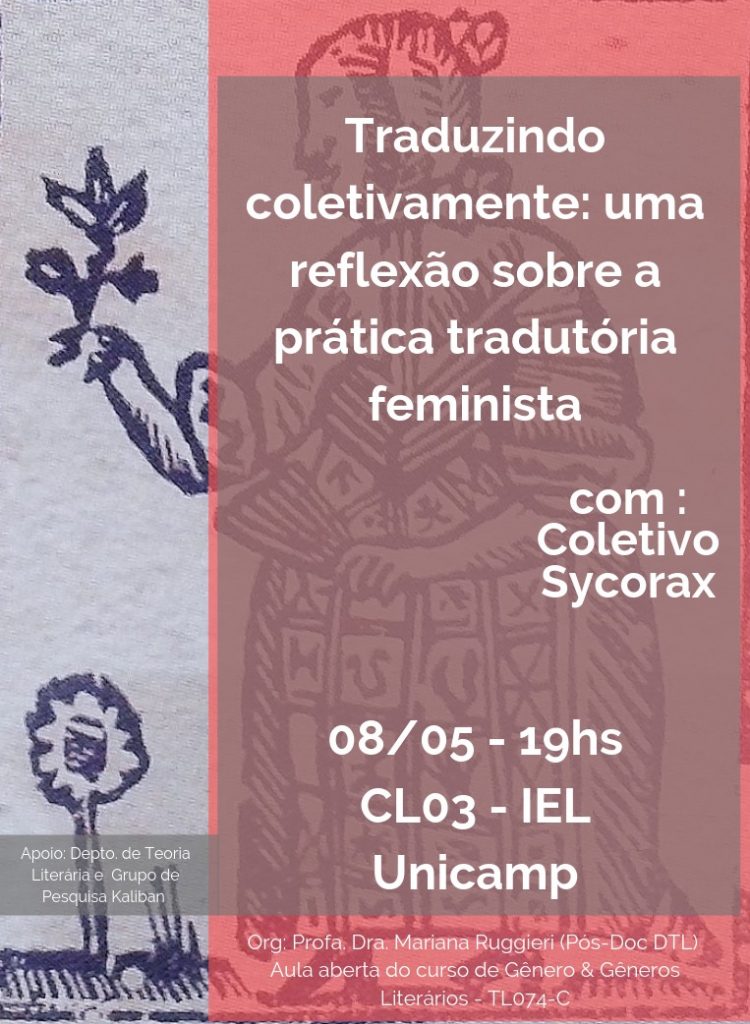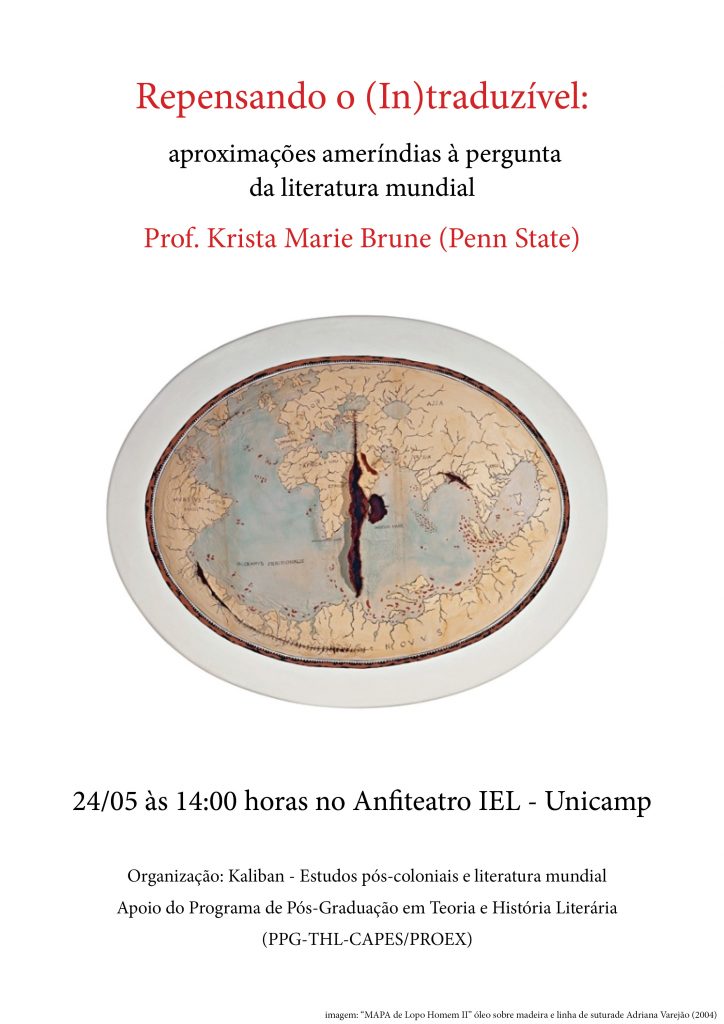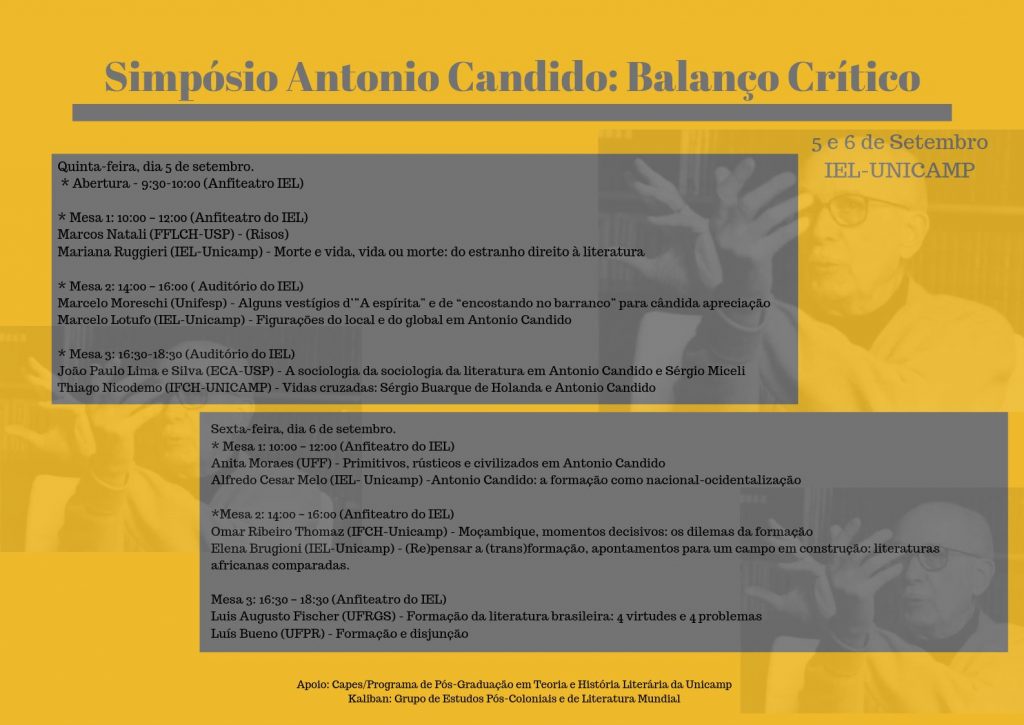Kaliban is a research center situated in the Department of Literary Theory of the State University of Campinas (UNICAMP/Brazil), led by Professors Alfredo Cesar Melo and Elena Brugioni, and aims at examining the intersections between postcolonial studies and world literature.
Kaliban's Postcolonial Studies front holds the urgent task of contributing to the provincialization of postcolonial studies, i.e., the task of comprehending the various critical reflections on the effects of colonialism, in its diverse historical and political configurations, as a postcolonial knowledges archive (with decolonizing potential), which should be available to everyone, without normative models centered on specific countries to be followed – what would inevitably establish a hierarchy between colonial experiences –, neither should we estimulate the reproduction of the international division of knowledge, where the center is entrusted with the theorizing role and the periphery is taken as an object to be theorized. It is necessary to find a dialogic tension between the different modes of thinking the postcolonial across the globe, which are at the same time combined and uneven, different and familiar, singular and connected. Only provincializing these knowledges we have better conditions of embracing the diverse postcolonial critical gestures that deal with Latin-American (including Brazilian), African, Arab, Caribbean and South-Asian experiences.
In turn, Kaliban's World Literary Studies front also holds a challenging task within Brazil's intellectual field: to broaden the conception of world in an intellectual tradition such as the Brazilian one, where literary and epistemological cartographies are often stuck in a confined space between the nationalist narcissism of the Brazilian literary tradition and the Eurocentric oedipianism, filled with an affected cosmopolitanism and restricted to the countries of the North Atlantic which are, in fact, not interested in the world's diversity.
More generally, we might say that Kaliban intends to be a research center that has a broaden world as its geopolitical assumption: a world whose different spaces will not be seen as "areas" to be mapped by a central theory, but rather as places of production of knowledge, reflection and narratives.
